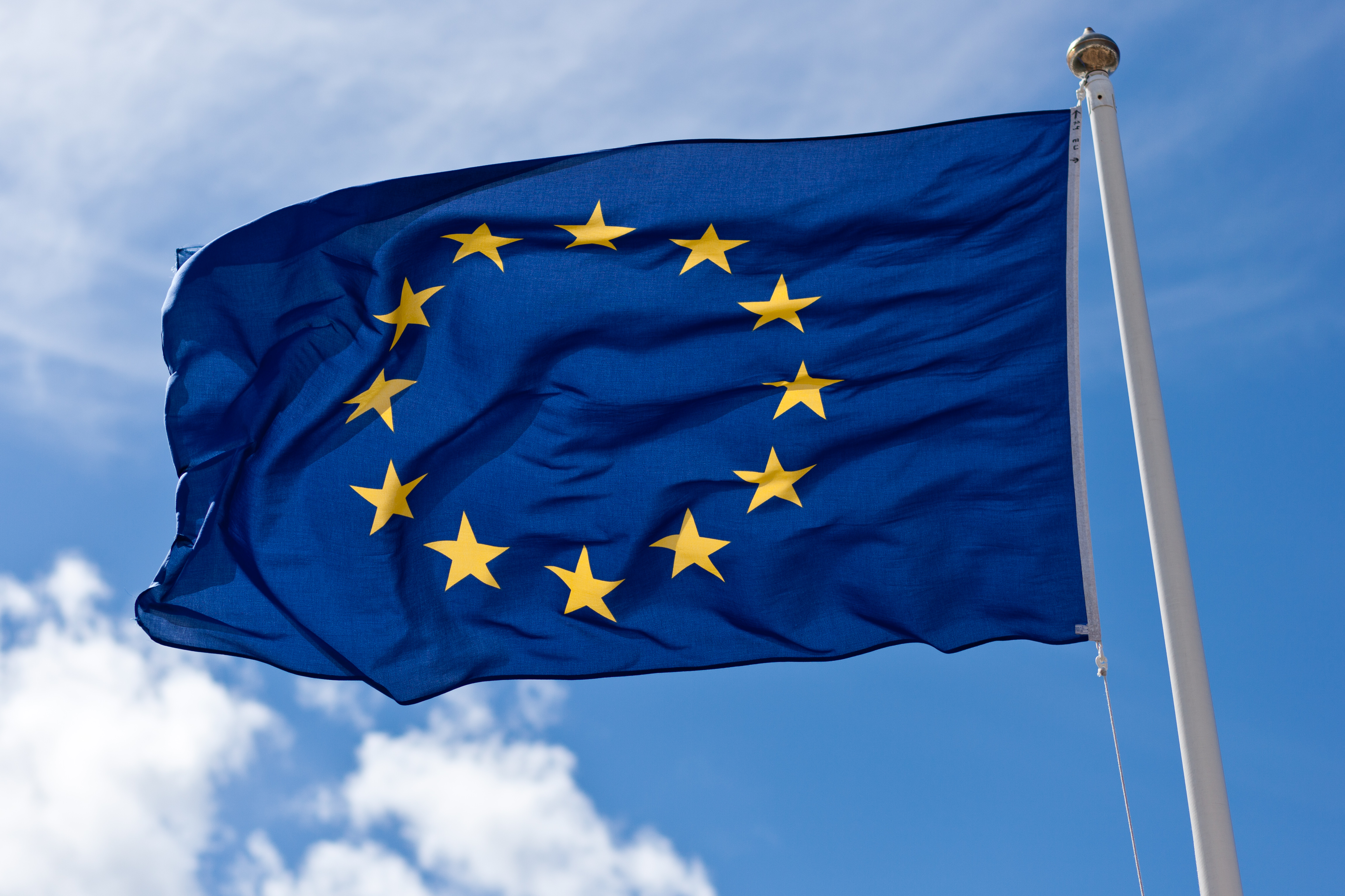ICIS: No Immediate Threat to EU Gas Supply Despite Rising Tensions

In a recent update, energy intelligence firm ICIS stated that there is currently no immediate threat to European gas supply, even as geopolitical tensions intensify in Eastern Europe and the Middle East. This announcement comes as a relief to EU member states amid fears of renewed energy insecurity.
🔍 The Context: Rising Tensions and Market Fears
Amid conflicts in Ukraine, the South Caucasus, and ongoing sanctions against major suppliers like Russia, European markets have been bracing for possible supply disruptions. Despite this, ICIS analysts report that current inventories and diversified supply routes are keeping the system stable.
📊 Key Reasons for Stability
- High storage levels across Europe
- Stable LNG imports from Qatar and the U.S.
- Reduced industrial demand post-winter
- New agreements with North African suppliers
🇪🇺 European Union’s Response
The European Union welcomed the ICIS report but emphasized the need for ongoing diversification and resilience. EU Commissioner for Energy Kadri Simson noted that while the outlook is stable, energy security remains a long-term priority.
In light of recent sabotage incidents and cyber threats targeting energy infrastructure, Brussels is urging member states to enhance regional coordination and invest further in energy transition projects.
🛢️ Global Gas Dynamics
The global LNG market remains competitive. While Europe has been able to outbid Asian buyers for critical winter supplies, rising demand in China may shift dynamics in upcoming seasons. Energy analysts warn that unexpected cold snaps or political escalations could quickly change the picture.
📉 Energy Markets React
Following the ICIS announcement, European gas futures saw a slight dip in trading, reflecting market confidence. However, traders remain cautious, citing a fragile balance between geopolitical stability and energy security.
📚 Historical Perspective
Since the 2022 Russian invasion of Ukraine, Europe has dramatically reshaped its energy policy. Dependency on Russian gas fell from 40% in 2021 to under 15% by 2024. The EU’s coordinated response — including REPowerEU initiatives — aimed to accelerate the transition to renewables and alternative suppliers.
🔗 Related Content
Disclaimer: This article reflects the energy supply outlook based on ICIS data and public reports. Conditions may evolve depending on political, climate, or market changes.


0 Comments